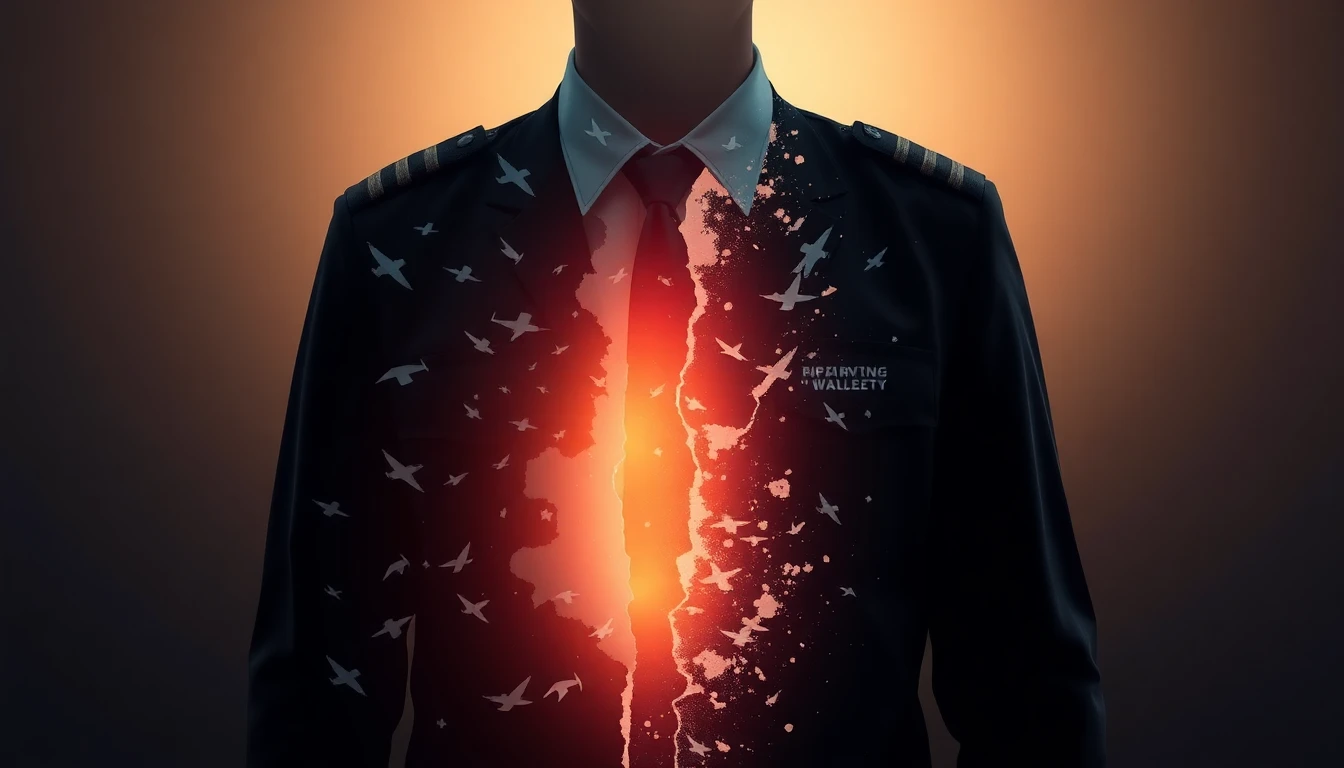The Germanwings Flight 9525 tragedy, which occurred on March 24, 2015, marked a turning point in aviation safety.
The deliberate crash by co-pilot Andreas Lubitz claimed 150 lives and exposed critical gaps in mental health oversight for flight crews.
In response, European aviation authorities implemented sweeping reforms, including mandatory psychological evaluations, random drug and alcohol testing, and the requirement for two people to always be present in the cockpit.
Confidentiality rules for medical reports were also adjusted to prioritize public safety.
Families of the victims continue to mourn, criticizing the lack of sensitivity in the aftermath and calling for greater accountability.
A decade later, experts affirm that lessons learned from the tragedy have made air travel safer, but the emotional scars remain for those left behind.












